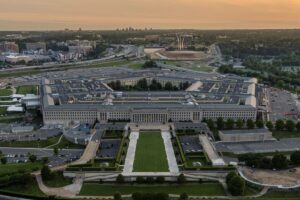
A federal government shutdown would particularly harm small companies in the Defense Industrial Base (DIB), according to a Sept. 28 letter to congressional leaders from National Defense Industrial Association (NDIA) President David Norquist and Professional Services Council (PSC) President David Berteau. "The DIB provides employment to 1.1 million Americans in the defense sector alone and support [sic] businesses and communities across the country with 73 percent of DIB companies being small businesses," the NDIA/PSC letter said. "That industrial base is…














